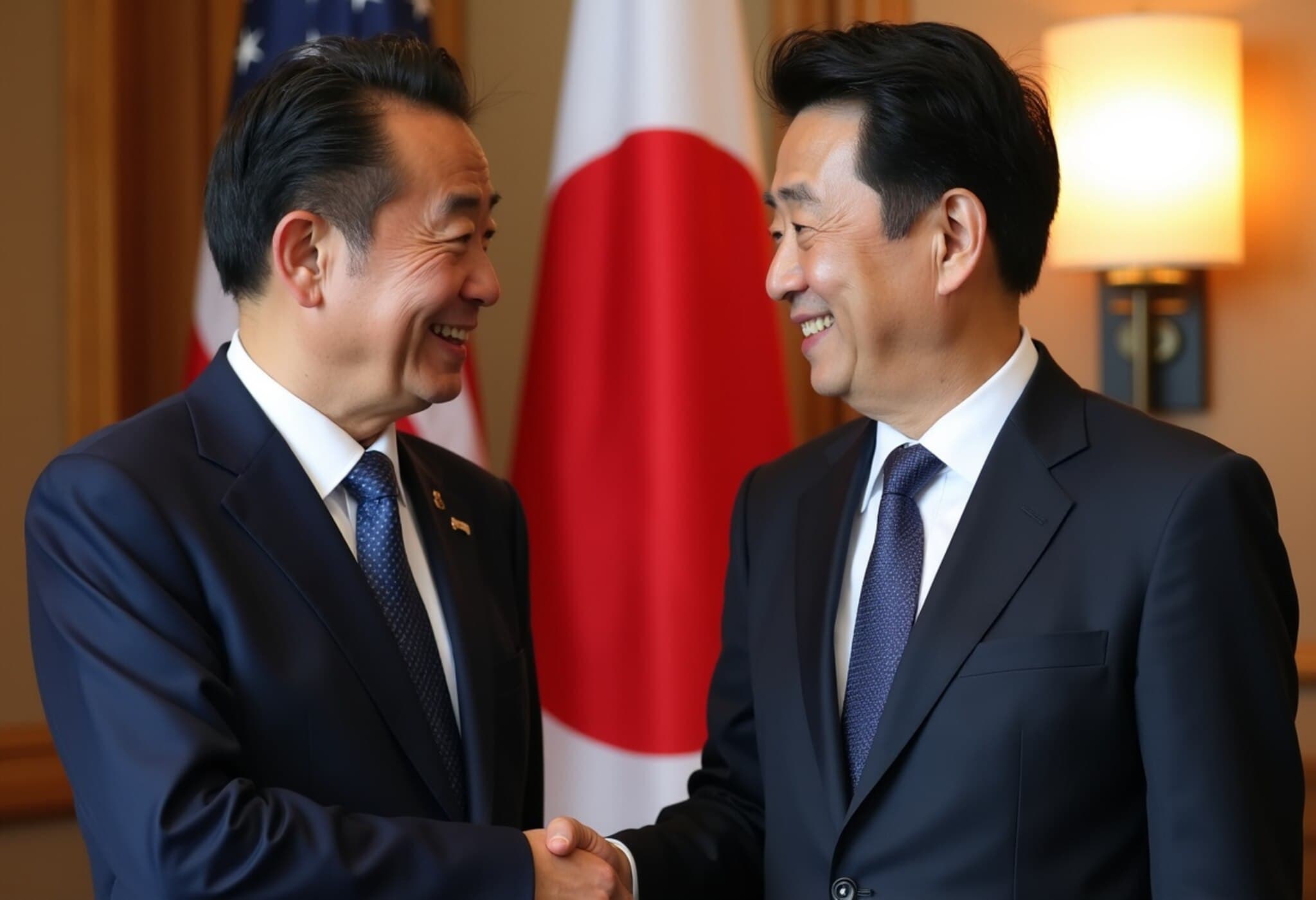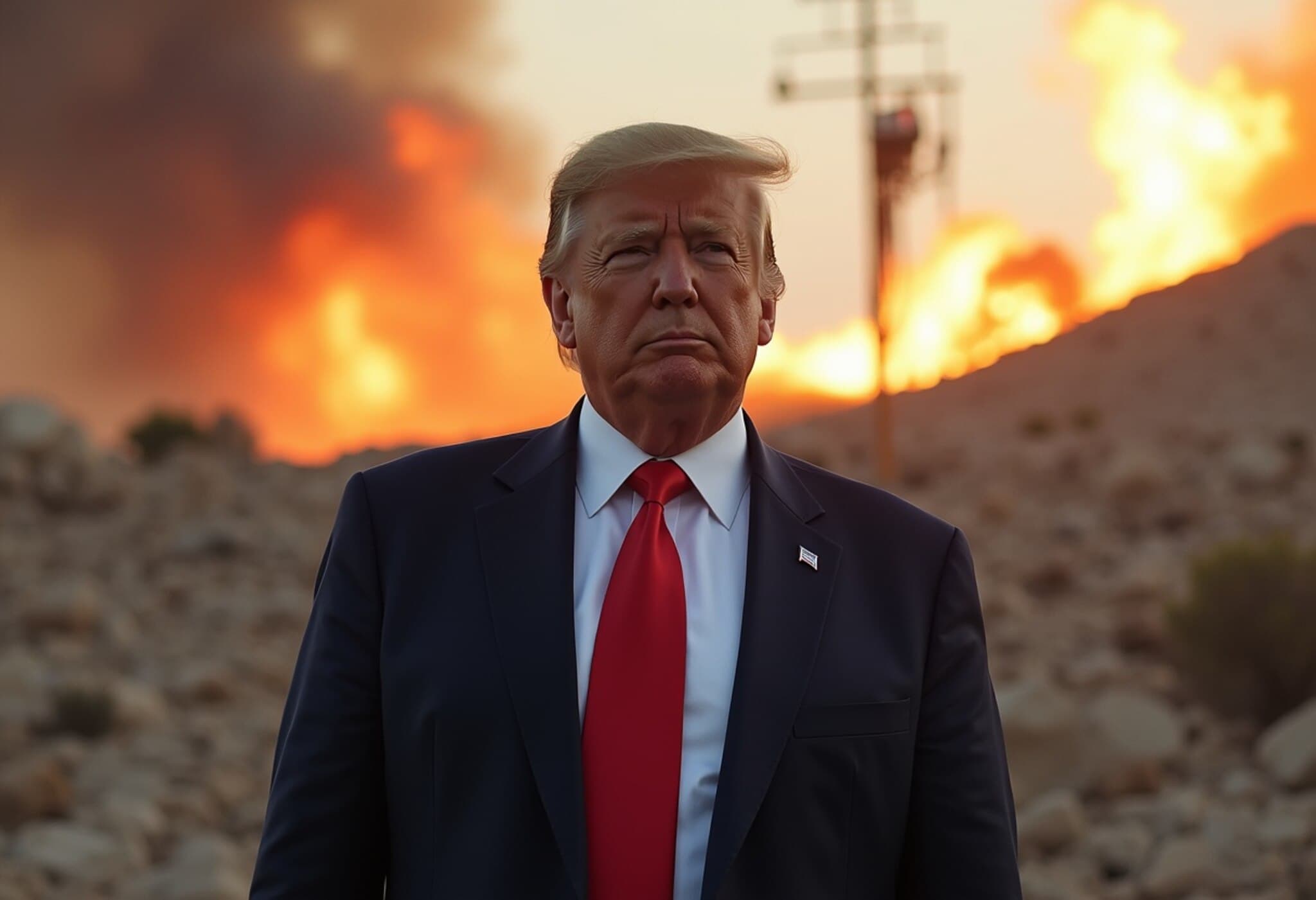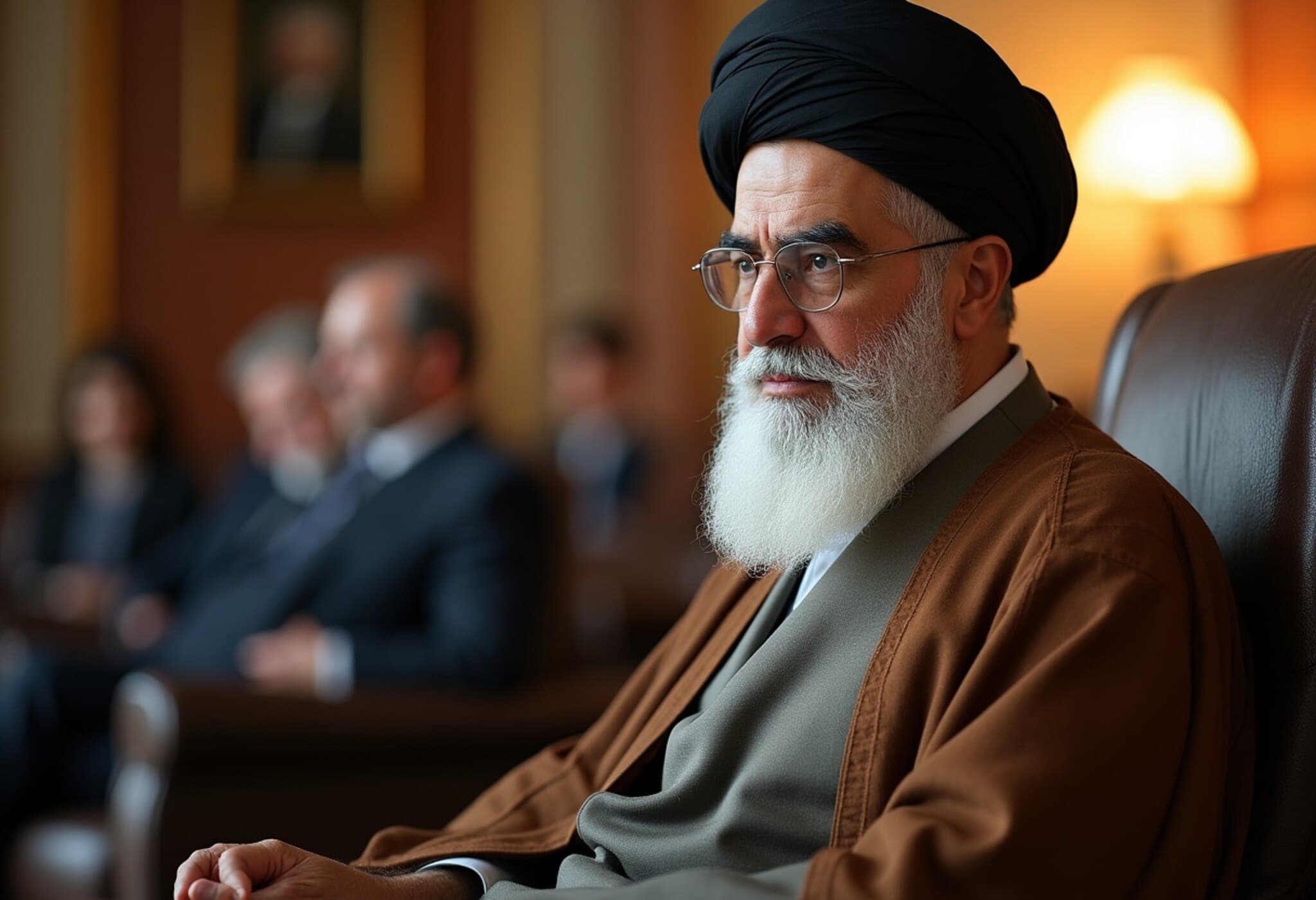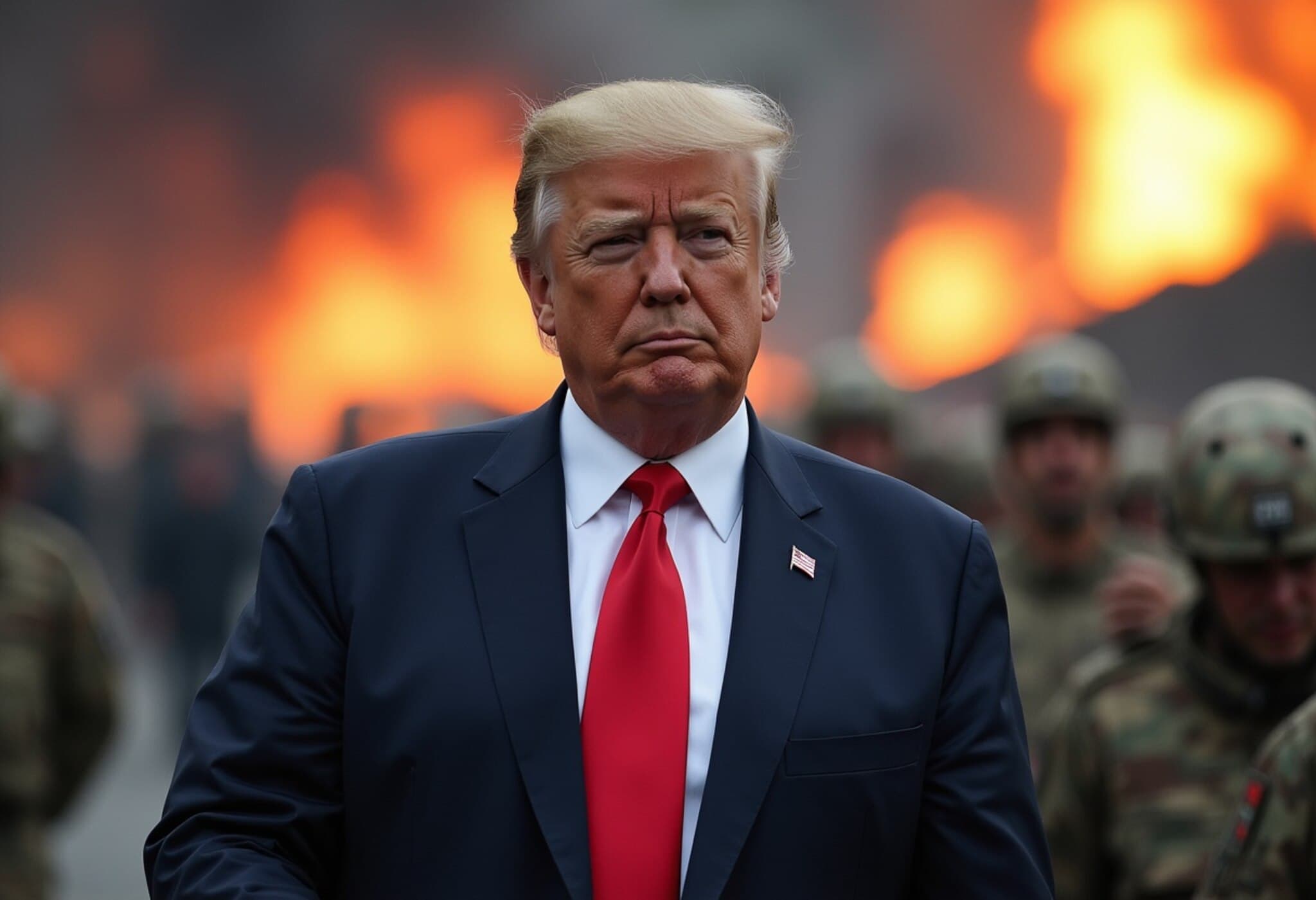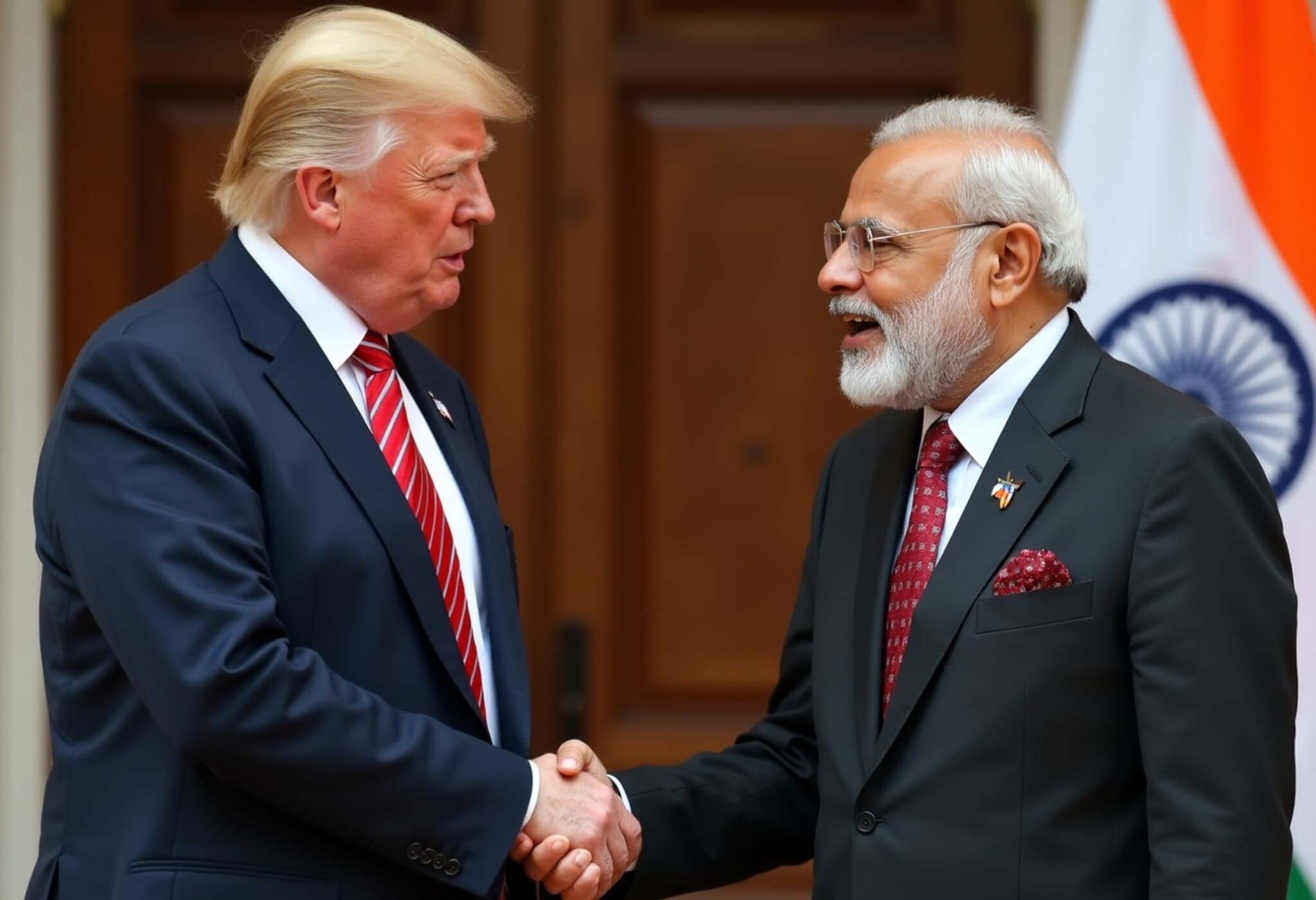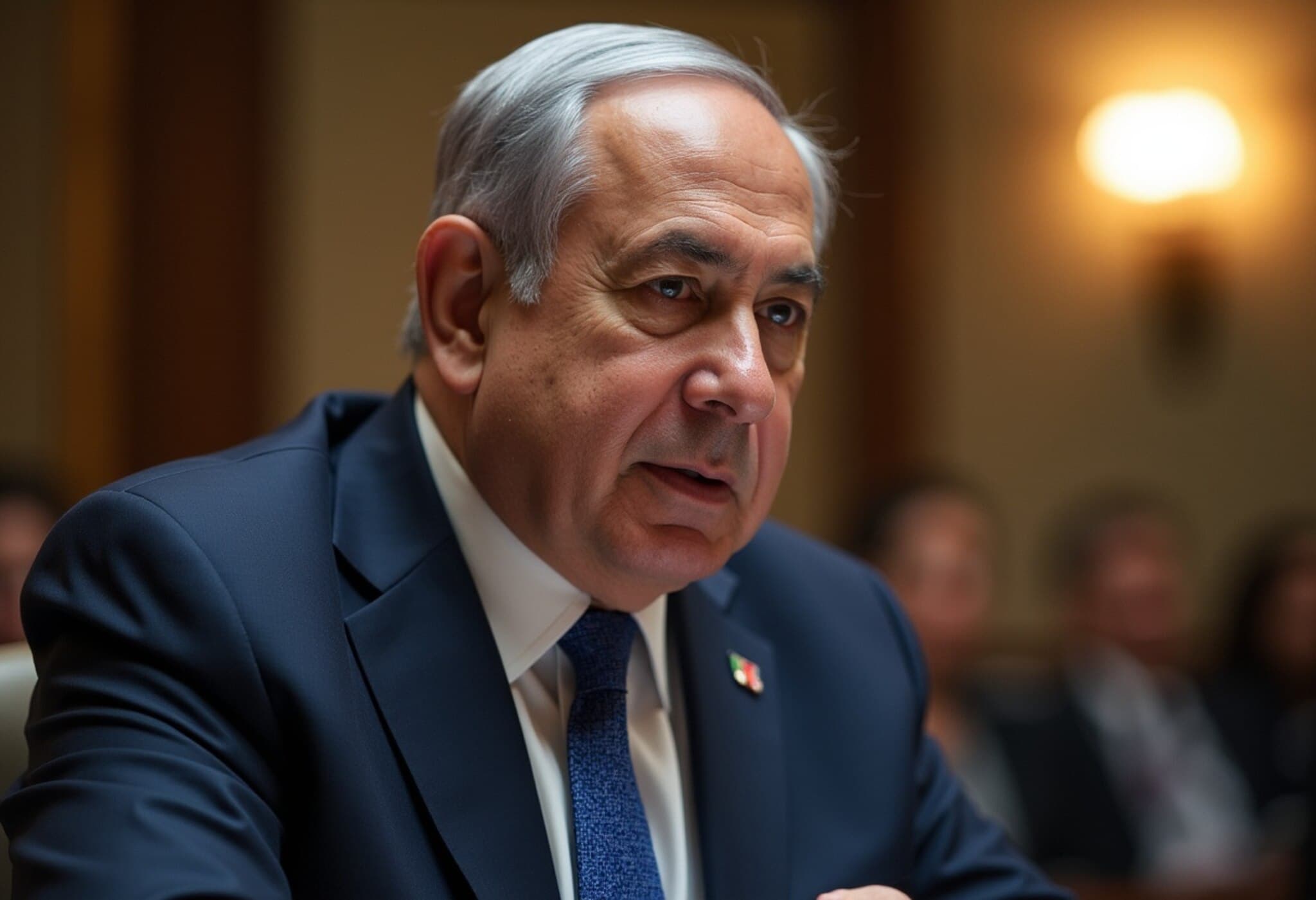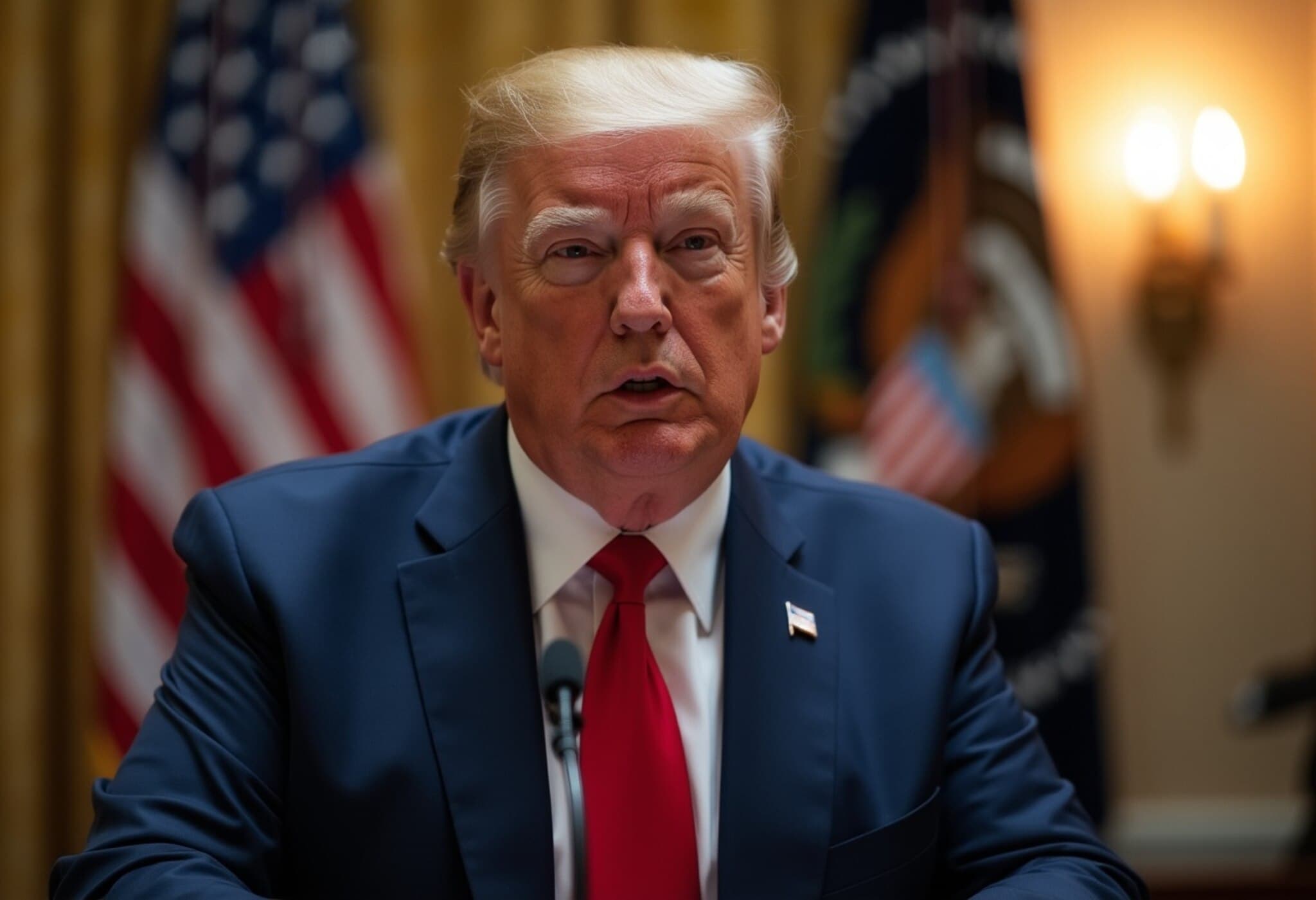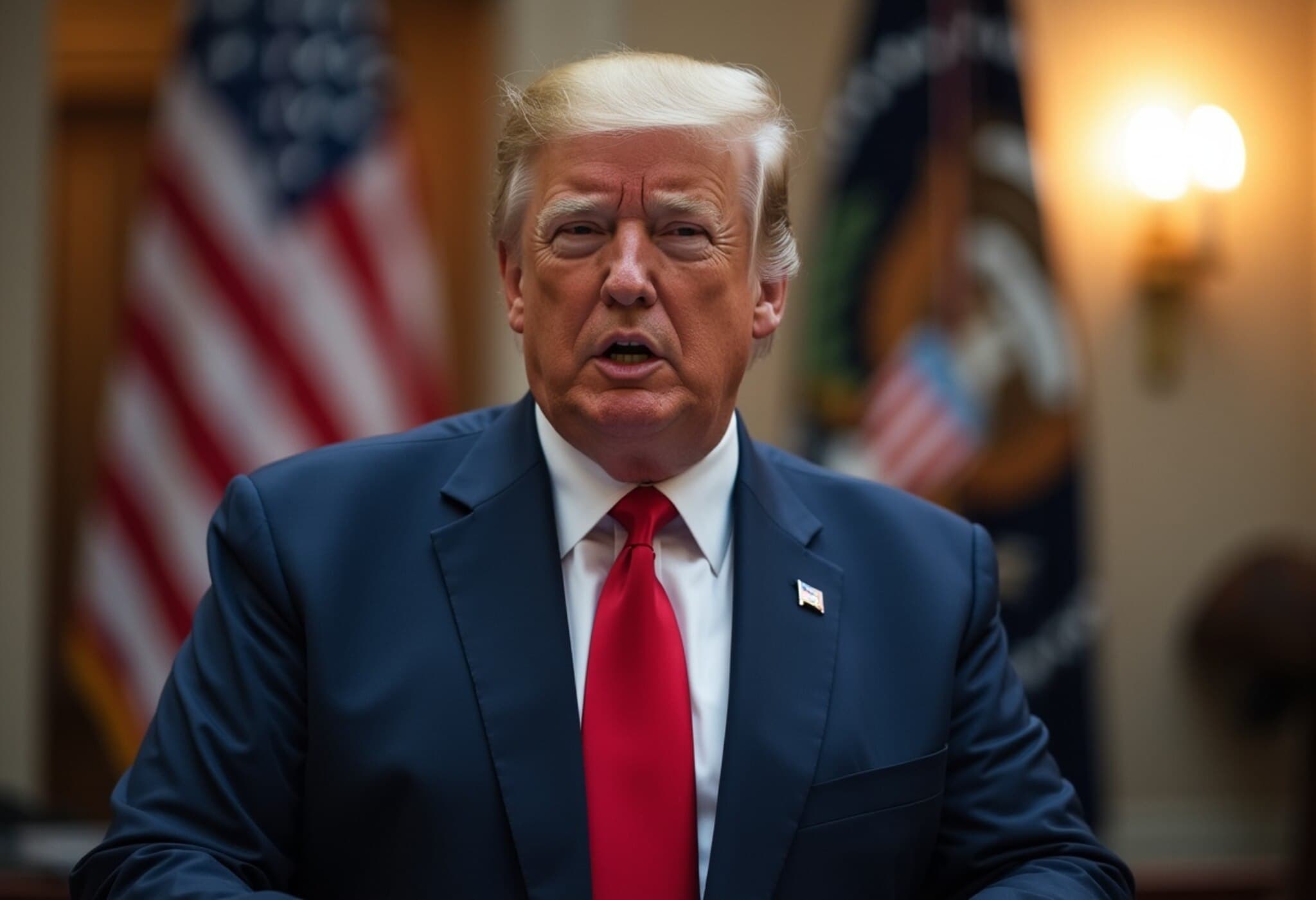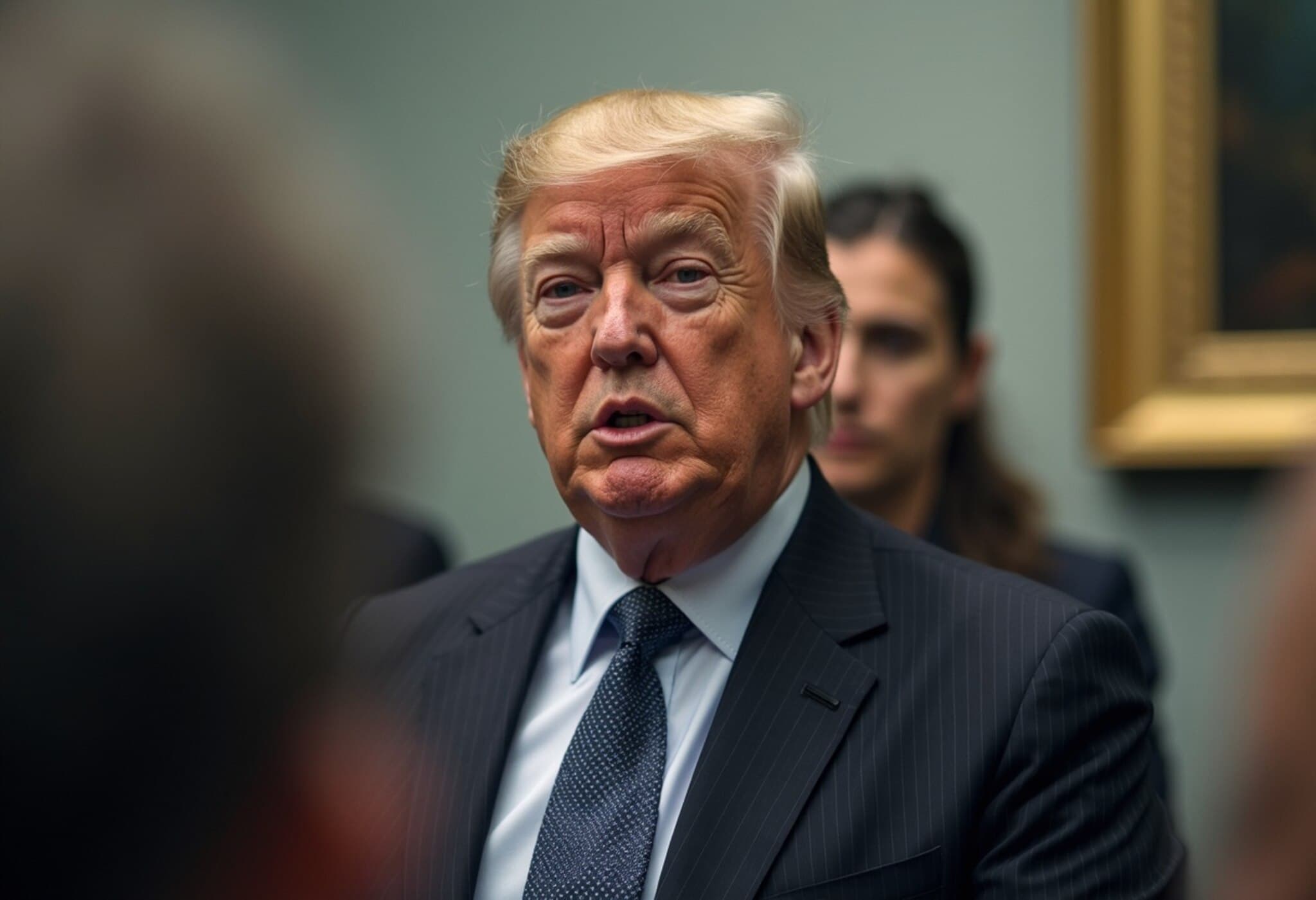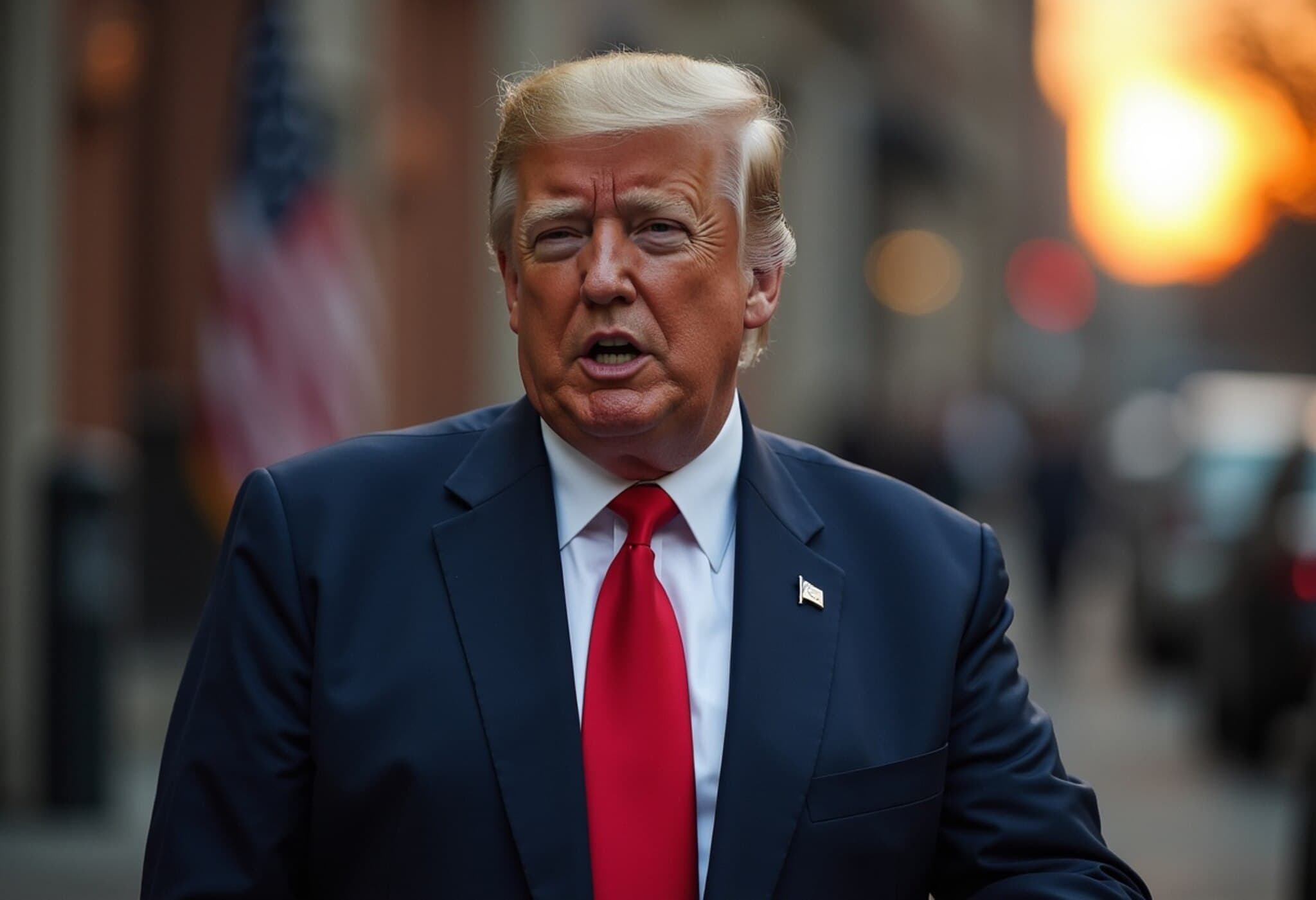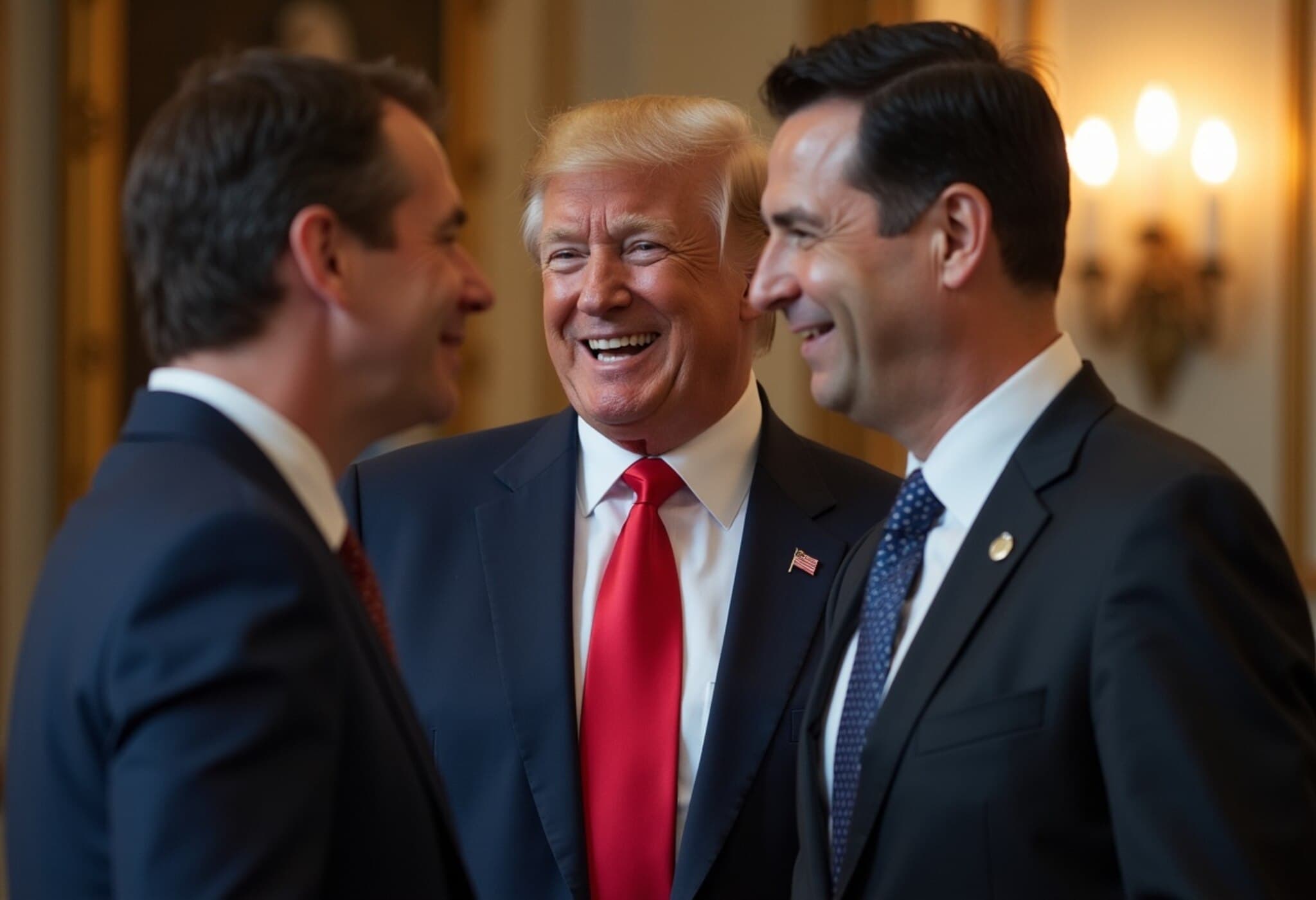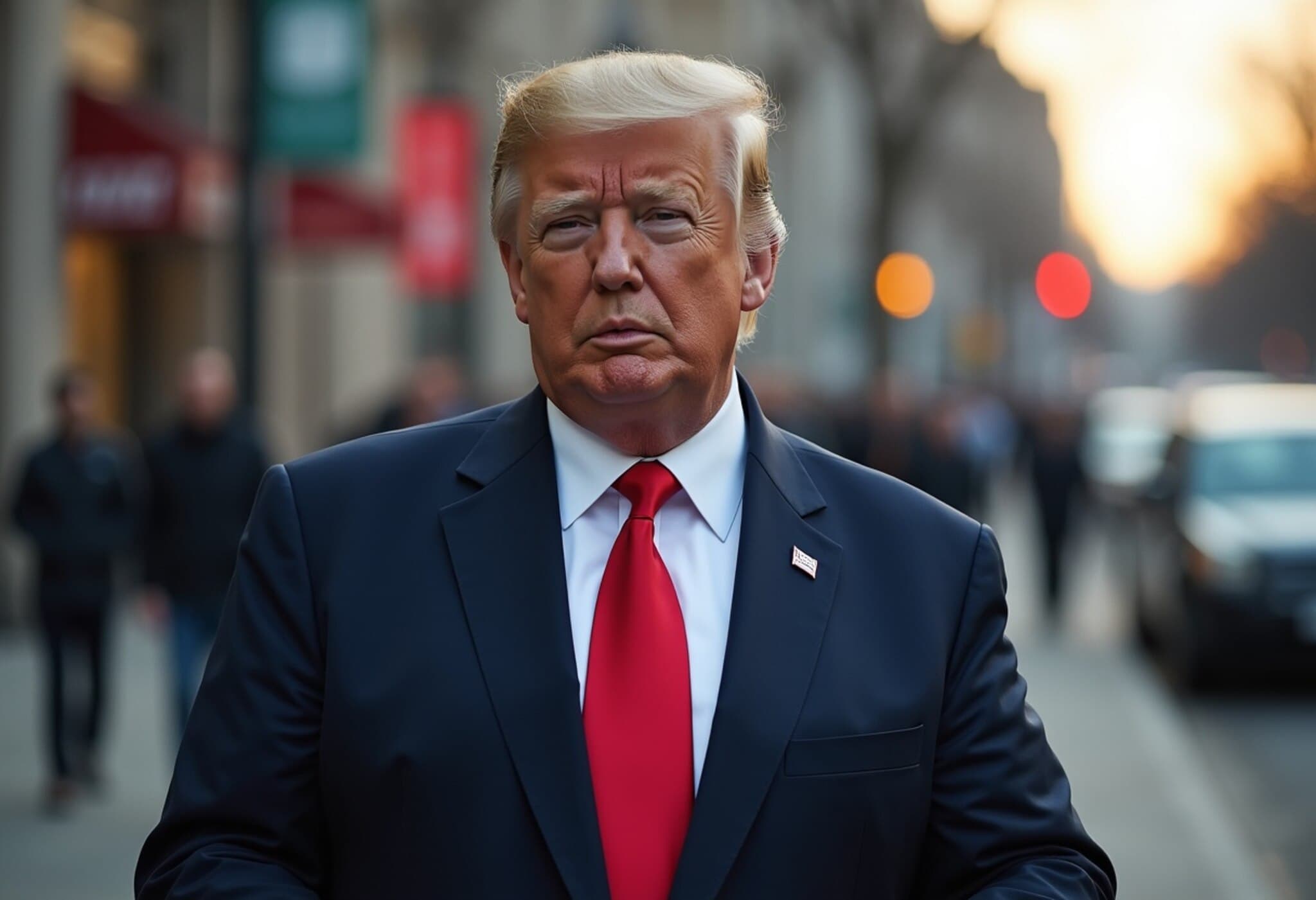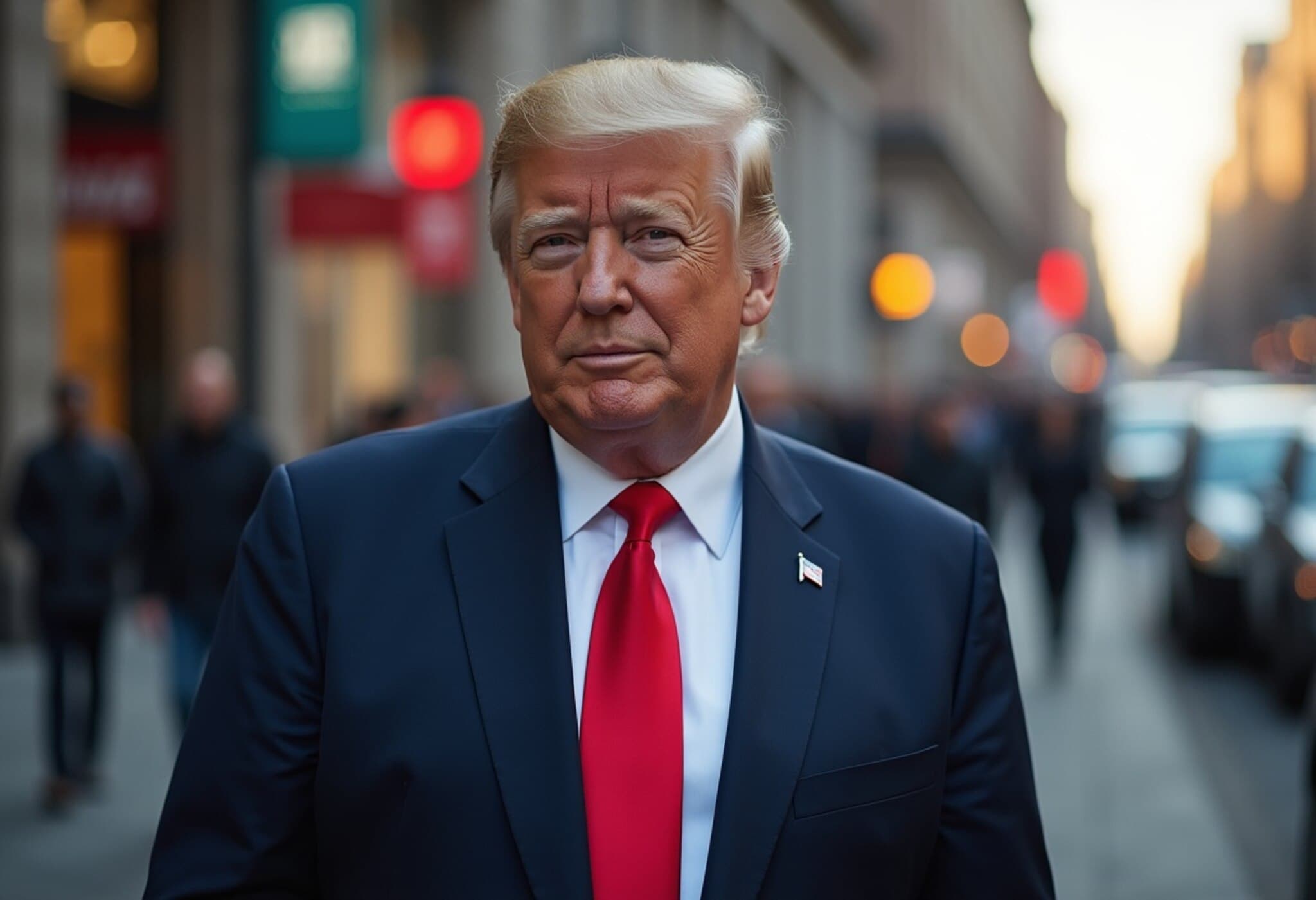Japan Postpones Key Security Meeting with US Over Defense Spending Dispute
Japan has abruptly canceled a crucial high-level security meeting with the United States following a sharp demand from Washington that Tokyo boost its defense budget. The US requested that Japan increase its defense spending to 3.5% of GDP, marking a significant jump from the earlier 3% target, sparking tensions between the two allies.
Details of the Canceled 2+2 Talks
The annual "2+2" security dialogue, scheduled for July 1 in Washington, was to bring together top officials from both nations, including US Secretary of State Marco Rubio, Defense Secretary Pete Hegseth, and their Japanese counterparts, Defense Minister General Nakatani and Foreign Minister Takeshi Iwaya.
However, Tokyo called off the meeting shortly after the US raised its defense budget expectations. Sources familiar with the talks revealed that this demand, reportedly pushed by Elbridge Colby, a senior Pentagon official, contributed to the decision to postpone the discussions.
Political Timing and Broader Implications
Aside from budget disagreements, Japan’s upcoming upper house elections on July 20 played a significant role in the cancellation, with concerns that the ruling Liberal Democratic Party could lose seats amid rising tensions. A senior Japanese official acknowledged the election as a factor, underscoring the political sensitivity at home.
From the US perspective, a government official confirmed that the meeting was "postponed" weeks ago but did not provide further explanation. Meanwhile, sources outside the government also noted Japan’s withdrawal without insight into the precise motivations.
US Pressure and Regional Security Concerns
The heightened US demands coincide with increasing strategic challenges in the Asia-Pacific. At the recent IISS Shangri-La Dialogue defense forum, US Secretary of Defense Hegseth urged regional allies to emulate Europe’s increased defense spending to counter threats from China and North Korea.
Elbridge Colby, known for his hardline stance, has also stirred friction by initiating a review of the AUKUS nuclear submarine agreement with Australia, highlighting Washington’s more assertive posture in the Indo-Pacific.
Japanese Prime Minister Shigeru Ishiba has publicly resisted external pressure on defense budgets, asserting Japan’s sovereign right to determine its spending priorities. This stance became evident during Colby’s Senate confirmation hearing in March, where the call for increased spending drew strong pushback.
Trade and Strategic Tensions
Beyond defense, the US-Japan relationship faces challenges on trade fronts amid broad tariff disputes initiated by Washington. The increased rigidity of the US on both defense and economic issues marks a tougher stance in its alliances, creating strains with key partners.
Looking Ahead
As the July elections approach, Japan navigates a delicate balance between domestic political pressures and international security commitments. How this dispute over defense budgets and strategic dialogue will evolve remains a focal point for regional stability in the coming months.

